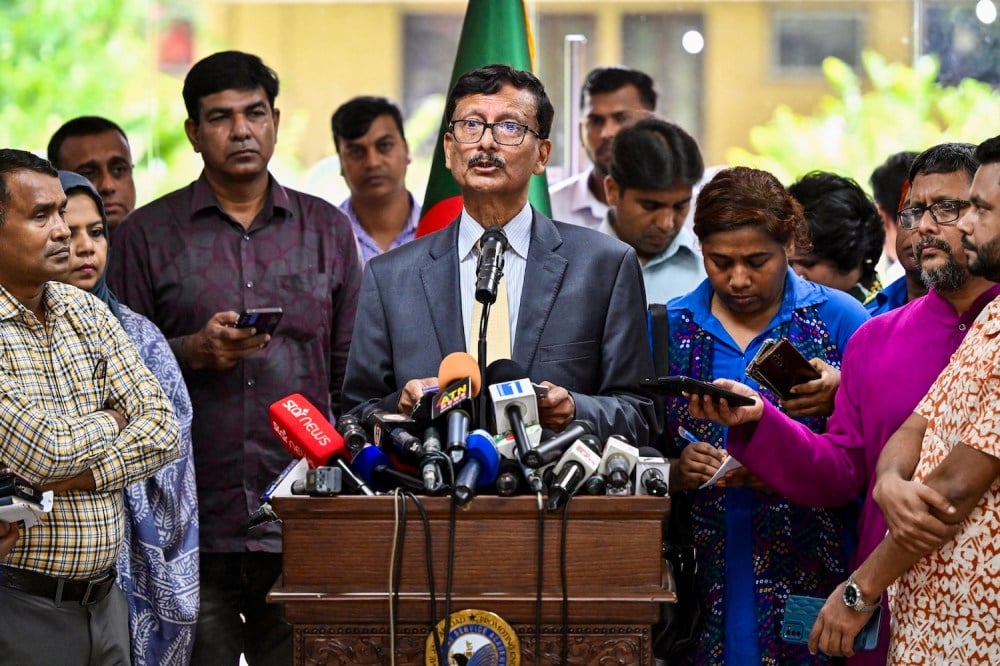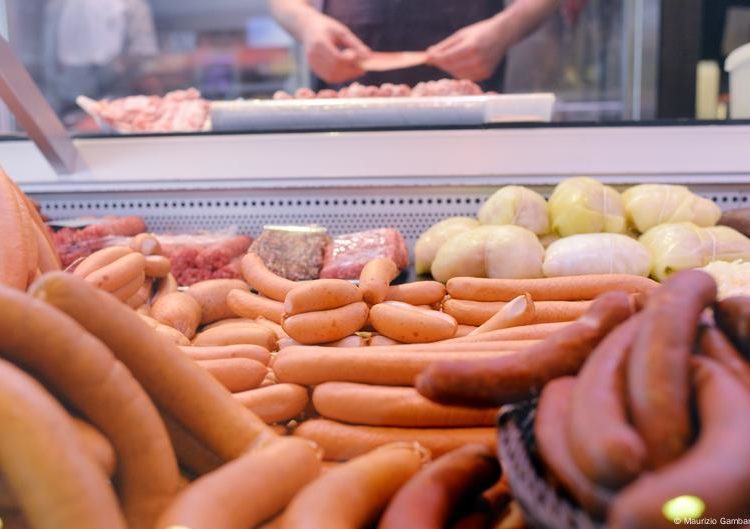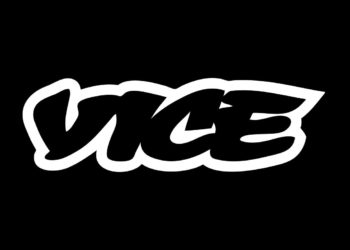Welcome to Foreign Policy’s South Asia Brief.
The highlights this week: Pakistan’s foreign minister visits Bangladesh as the two countries reset relations, additional U.S. tariffs on India take effect, and former Sri Lankan President Ranil Wickremesinghe faces corruption charges.
What’s Behind the Bangladesh-Pakistan Reset?
Pakistani Foreign Minister Ishaq Dar visited Dhaka, Bangladesh, over the weekend. During the two-day trip, Dar met a range of senior officials—including interim leader Muhammad Yunus—and the heads of multiple political parties. The visit marked the first by a Pakistani foreign minister to Bangladesh since Hina Rabbani Khar traveled there in 2012 (for just five hours).
Dar’s trip illustrates a remarkable resurgence in bilateral relations since longtime Bangladeshi Prime Minister Sheikh Hasina resigned under pressure in August 2024. Dhaka’s ties with New Delhi ran deep under Hasina; she and her family have had a special rapport with India for decades. Bangladesh’s relationship with Pakistan, meanwhile, was essentially frozen during Hasina’s years in power.
Several meetings between Yunus and Pakistani Prime Minister Shehbaz Sharif have taken place in the past year, along with the resumption of direct trade for the first time since Bangladesh’s independence and even trilateral diplomacy with China. Dhaka and Islamabad have also focused on people-to-people ties; Dar’s visit produced agreements on academic exchanges and visa facilitations, and there are plans to expand direct air flights soon.
These rapid and dramatic changes are significant for the region, and they have likely unnerved Indian officials. Hasina’s fall was a strategic setback for New Delhi, and it created space for Islamist actors that India sees as working against its interests. Now, India must confront the reality of Bangladesh edging closer to Pakistan—during a period of especially high tensions between New Delhi and Islamabad.
Still, expectations about the Bangladesh-Pakistan reset should be somewhat tempered. Dhaka and Islamabad want to prioritize commercial cooperation, but each side’s external economic policy revolves around textile and ready-made garment exports—suggesting that they are natural trade competitors.
Additionally, Bangladesh is expected to hold elections in February. The next government in Dhaka may want to focus on repairing ties with New Delhi. The Bangladesh Nationalist Party is favored to win the election, and its leaders are calling for improving ties with India.
But history is arguably the biggest constraint to a sustained and substantive partnership between Bangladesh and Pakistan. Dhaka has long demanded a formal apology from Islamabad for the Pakistan Army’s brutalities during the 1971 Bangladesh War of Independence, which many scholars and analysts describe as genocide.
Pakistan’s official position, articulated by Dar in response to a reporter’s question in Dhaka, is that the apology issue was settled in a 1974 trilateral agreement with Bangladesh and India, and again by then-President Pervez Musharraf during a trip to Bangladesh in 2002. However, both the 1974 accord and Musharraf’s comments were more expressions of deep regret than apology.
When asked if he accepted Dar’s statement, Bangladeshi Advisor for Foreign Affairs Md. Touhid Hossain didn’t mince words: “No, I don’t. If I did, the problem would have been solved,” he said. Hossain also reiterated long-standing demands of Pakistan related to finances and repatriations.
Another burden of history is Pakistan’s relationship with Bangladesh’s most prominent Islamist party, Jamaat-e-Islami. The party supported Pakistan during the 1971 war. Though Jamaat-e-Islami has recently offered apologies for that role, the issue remains deeply sensitive. Dar met Jamaat leader Shafiqur Rahman during his visit.
The most prudent posture for the delicate relationship in the coming weeks would be to double down on strengthening people-to-people ties between Bangladesh and Pakistan. These linkages can build trust and, in due course, bolster the broader relationship—giving Dhaka’s next government, whoever leads it, a robust incentive to further advance bilateral ties.
What We’re Following
Additional tariffs hit India. On Wednesday, the full impact of U.S. tariffs on India went into effect as the additional 25 percent levy brought the total effective tariff rate to 50 percent. Still, U.S.-India trade talks haven’t completely collapsed, even as Washington canceled a fresh round of negotiations that had been scheduled for this week.
On Saturday, Indian External Affairs Minister S. Jaishankar said that the trade talks will eventually continue, noting that “negotiations are still going on in the sense that nobody said the negotiations are off.” But the additional levy on India due to its Russian oil imports will make talks even tougher. India is unlikely to reduce its purchases, after all.
Additionally, India will be under strong domestic political pressure not to make new trade concessions to the United States in future talks, particularly related to U.S. President Donald Trump’s demand that it ease protections on agriculture; Indian farmers are a critical political constituency.
India’s best hope of injecting more momentum into trade talks may come next month, if Trump and Indian Prime Minister Narendra Modi are both in New York City for the annual U.N. General Assembly meetings and can connect on the sidelines. When the two leaders met in Washington in February, they pledged to conclude the first phase of a bilateral trade agreement in the fall.
Wickremesinghe arrested. Former Sri Lankan President Ranil Wickremesinghe was arrested in Colombo last Friday. He is accused of misusing public funds during a visit to the United Kingdom in 2023, following official visits to Cuba and the United States. The case marks the first time that a Sri Lankan head of state or government has faced criminal charges. Wickremesinghe was released on bail on Tuesday.
Wickremesinghe is also a six-time former prime minister; his allies slammed the arrest, describing it as a political witch hunt and “a spit on the face” of democracy. Supporters of the government framed the move as part of a robust anti-corruption effort by President Anura Kumara Dissanayake, who succeeded Wickremesinghe. More than a dozen other former senior officials have been arrested on corruption charges in recent weeks.
Wickremesinghe was close to the Rajapaksa family, which long dominated Sri Lankan politics until mass protests ousted President Gotabaya Rajapaksa in 2022. Though many activists applaud Dissanayake for working to curb corruption, some analysts worry that continued arrests of former officials could galvanize the opposition and lead to instability.
Trump nominates India envoy. U.S. President Donald Trump announced the nomination of Sergio Gor as the next U.S. ambassador to India last Friday; in a notable twist, he said that Gor would also hold the portfolio of special envoy to South and Central Asia, a new position that presumably will not require U.S. Senate confirmation. Gor is currently the head of the White House Presidential Personnel Office.
The Trump administration previously nominated S. Paul Kapur, a South Asian security studies scholar, as the next U.S. assistant secretary of state for South and Central Asia. Kapur has yet to be confirmed, though his hearings happened in June. The Gor announcement raises questions about possible overlap between their duties.
Gor has little experience in the region, but he has the president’s ear and is described as fiercely loyal to Trump. If Trump is intent on taking a hard line on India, then Gor will unquestioningly implement that policy. But if Gor has ideas for improving the bilateral relationship, then there is a good chance that Trump will take them seriously.
The South and Central Asia envoy post makes things more complicated. Trump might be signaling the importance of India in U.S. strategic calculations by tapping a trusted aide to play a policy leadership role on two major regions. At the same time, the president may envision Gor serving as an informal India-Pakistan mediator—which would not please New Delhi.
Under the Radar
Pakistan’s foreign office said on Monday that India’s government had shared information about cross-border flooding risks in Pakistan following heavy rains in Indian-administered Kashmir. The flood warnings were reportedly issued through standard diplomatic channels, via the Indian High Commission in Pakistan, and not through the Indus Waters Commission.
The Indus Waters Treaty between India and Pakistan stipulates that each side should share such information through its associated commission, but New Delhi suspended the treaty after the terrorist attack in Indian-administered Kashmir in April, which triggered a brief military conflict between the countries. India blamed the terrorist attack on Pakistan; Islamabad has rejected any role.
India’s information-sharing is a notable development. It is the region’s monsoon season, making flood risks are particularly high; several hundred people have died as a result of flash flooding in Pakistan in recent weeks. But New Delhi’s decision to share the flood warning with Islamabad marks the first known bilateral diplomatic exchange since the conflict this year.
FP’s Most Read This Week
- Trump Has No Idea How to Do Diplomacy by Stephen M. Walt
- Why the Donbas Matters to Putin So Much by John Haltiwanger
- Why Steve Witkoff Is Trump’s Master of Disaster by Christian Caryl
Regional Voices
In Prothom Alo, economist Selim Raihan warns that Bangladesh shouldn’t be complacent about recent decreases in inflation, which now stands at 8.5 percent. “Even this level of inflation is not tolerable for people with limited incomes, especially since the overall economic situation is not good. Employment opportunities remain scarce,” he writes.
In the Print, Indian ruling party leader Meenakashi Lekhi calls on Indians to adopt stray dogs in New Delhi after the Supreme Court ruled that they should be rounded up. “I strongly urge readers and animal lovers to consider adopting an Indie [a dog] from the street and giving them shelter and love,” she writes. “After all, compassion and cohabitation are the very tenets of Indian tradition.”
A Dawn editorial praises Pakistan’s government for an artificial intelligence-based app meant to curb human smuggling, but it warns that it shouldn’t be heavily relied on: “For Pakistan, the danger of excessive reliance on the mechanism runs high due to limited training, poor documentation, malpractices, lack of educated police officers and more.”
The post Bangladesh-Pakistan Ties Get Dramatic Reset appeared first on Foreign Policy.



